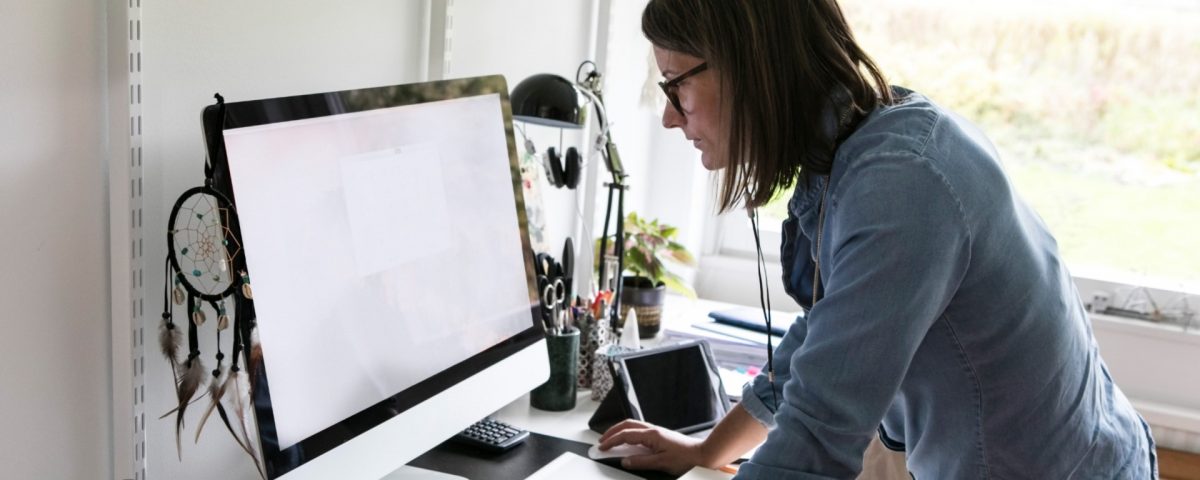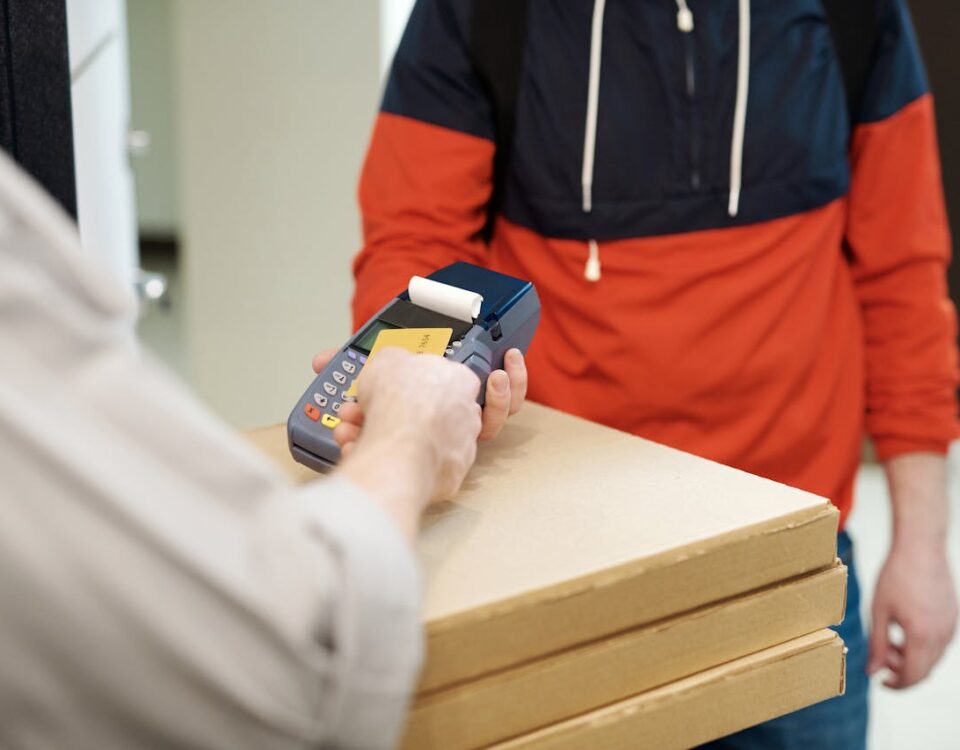- ENQUIRE ONLINE OR CALL US
- 1300 840 364
Running your small business from home: How to set yourself up for success
Tips to successfully run your small business from home
How can you set yourself up for success when running a small business from home? Here are some tips.
Many businesses have been forced to close the doors of their physical stores due to lockdowns. Fortunately, business doesn’t have to come to a standstill as a result. The digital age means it’s possible to fire up your laptop and work from just about anywhere. But that convenience doesn’t mean working from home is without challenges.
“Working from home can be a significant source of stress for people,” says Dr Rebecca Jackson, a Canberra-based psychologist. “The freedom and flexibility to work when and how you want can feel liberating at first, but it can also lapse into messy routines. When the novelty wears off, people have to balance a lot more than they initially anticipated.”
Here’s how these business owners are making it work.
Make time for the transition between work and home
Anton Guinea runs his leadership coaching business The Guinea Group from his home in Gladstone, Queensland. When he shifted to working from home, he says, he needed a clear differentiation between where he supports his family and where he supports his clients.
He does this by creating the ‘third space’ – that is, the moments in between tasks. For many people that used to be their commute, a time where they could completely shut off before and after work. But the commute from the bedroom to the study barely allows enough time to come to terms with being awake let alone getting lost in a good podcast, so we have to intentionally carve out time, says Guinea. He does that through exercise.
Set clear expectations
Ineke McMahon, co-founder of P2P Learning and Development Academy in Brisbane says it’s important to get into “work mode” even if you’re not leaving the house for the day.
“I don’t feel like I’m in ‘work mode’ when I’m in my pyjamas. Having a shower and getting ready for work helps me to mentally prepare for a day of work at home,” she says.
As well as setting boundaries for your physical workspace, Jackson suggests setting boundaries around how you’ll operate.
“Get comfortable saying ‘no’ and setting boundaries, whether that’s with work or socially. When you’re at home, let people know when you are and aren’t free. Put out-of-office alerts on or respond to emails within designated times. Make it clear what your office hours are,” she says.
Invest in your work environment
If you can avoid it, you don’t want to be balancing your laptop on your knee while you work on the couch or hunched over the coffee table. Getting a desk, appropriate office chair and storage system will help set you up for success. Also, research suggests personalising your workspace is a great way to boost productivity.
“I don’t recommend working from your bed as this needs to be kept separate for your sleep. Your brain will start associating your bed with work,” McMahon says.
Consider resources such as your internet, she adds.
“Typically, home internet isn’t as good as what you would get in [your workplace]. When I first started working from home, one of the first things I did was up my internet package. If someone else is watching Netflix at home, you don’t want to be frustrated by your browser being super slow.”
Learn how to switch gears
Nathan Schokker – owner of Brisbane-based commercial concierge service Talio – says he’s always had trouble switching off when working from home. Rather than try and force it, he’s come up with an alternative: taking on a side hustle.
His three current side projects are focused on social media and marketing for community organisations.
“They are passion projects for me. I find it pushes me out of my normal business brain and helps me unwind in a way and also changes my perspective/thinking on things.
“My brain feels fired up in new areas rather than the same old, same old. This helps me not think about work and I still feel accomplished.”
Put your mental health first
When working from home, you can go the whole day without seeing anyone else, so you have to learn how to become an advocate for your own mental health by practicing self-care.
“Eating meals at regular times, taking stretch and exercise breaks, and getting out in the fresh air and natural light for 20 minutes each day are all ways to reduce the stress working from home can bring,” Jackson says.
As a self-proclaimed extrovert, McMahon says working from home can get quite lonely.
“When I used to work in an office, having people stop at my desk for a chat was a massive energy boost. Now, taking breaks to call a friend is important,” she says.
“Make sure you check in with your friends and your colleagues regularly. Studies found that after the SARS quarantine, people showed signs of psychological distress [due to experiencing] a sense of isolation. So, those quick ‘Hey, how are you going?’ calls can go a long way.”
If you, or someone you know, is struggling with their mental health right now, you can visit the Heads Up website which includes specific resources to help small business owners. For more immediate support, you can call Lifeline on 13 11 14.
The information on this website is provided for general information only and does not take into account your personal situation. You should consider whether the information is appropriate to your needs, and where appropriate, seek professional advice from financial, legal and taxation advisers. Although every effort has been made to verify the accuracy of the information, we disclaim all liability (except for any liability which by law cannot be excluded), for any error, inaccuracy, or omission from the information or any loss or damage suffered by any person directly or indirectly through relying on this information.






